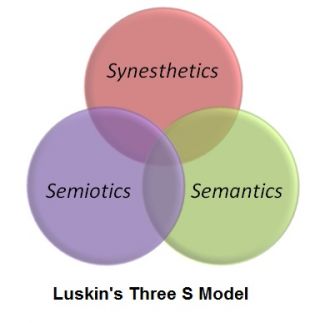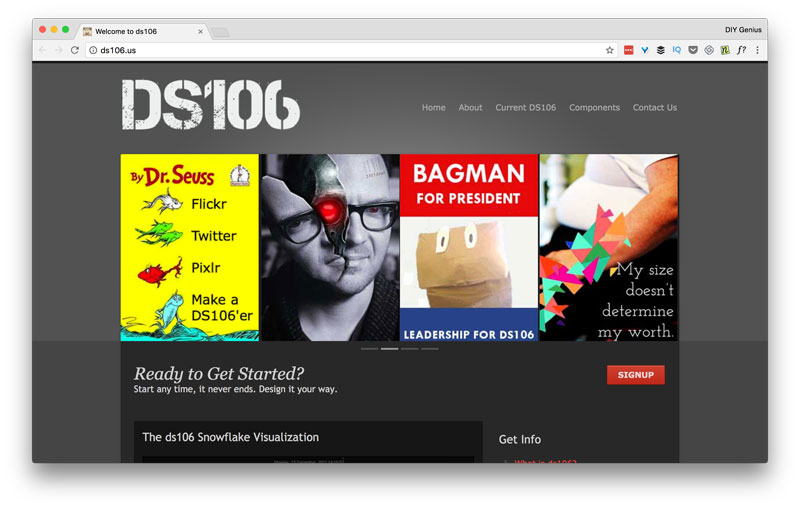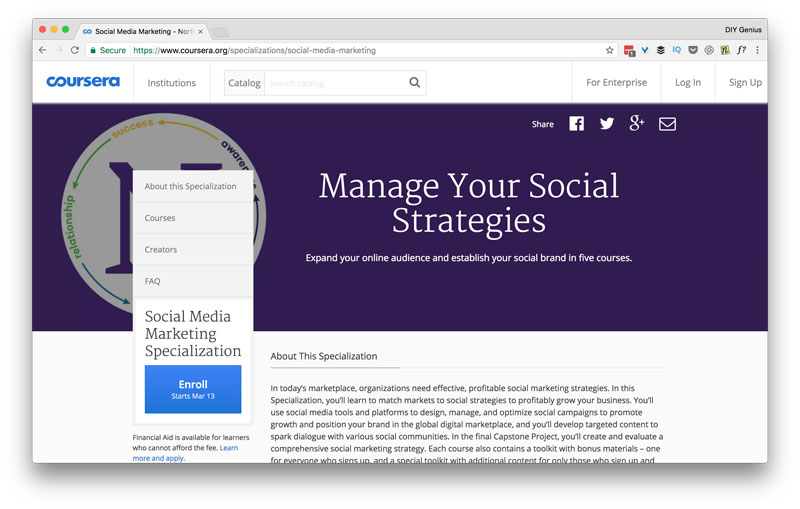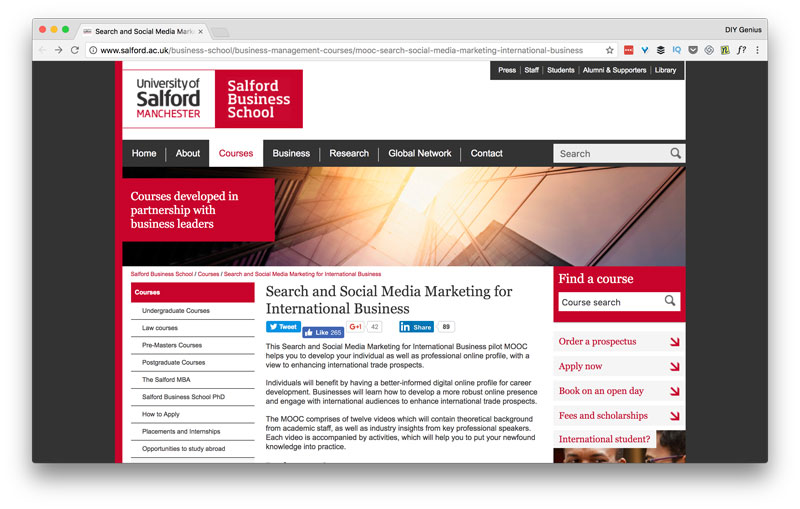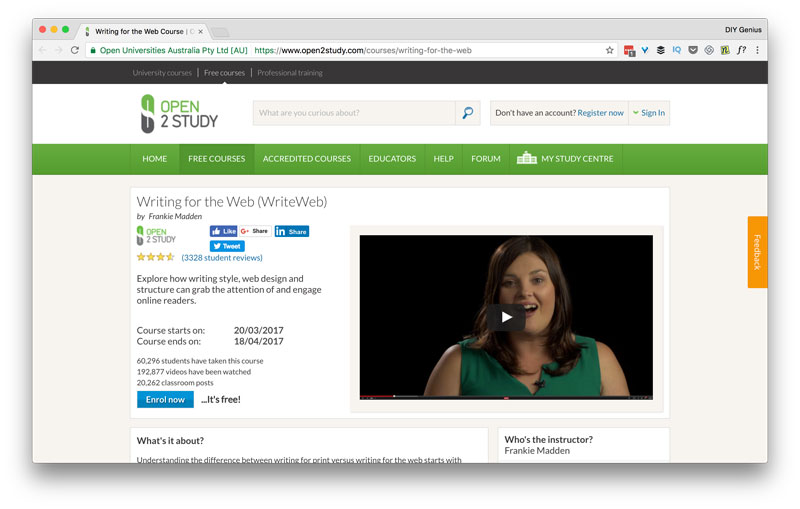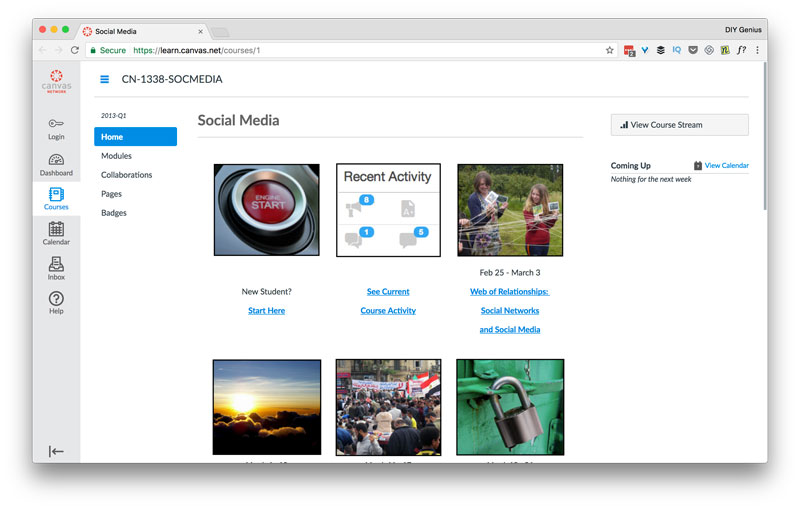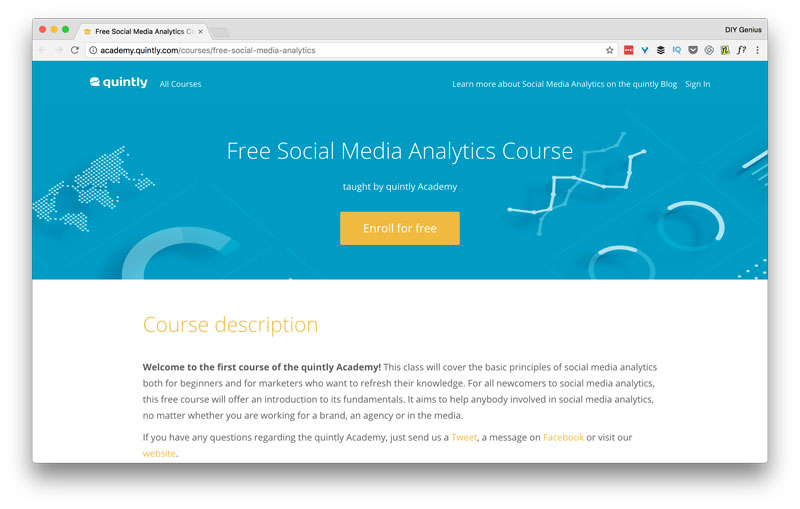Defining and Describing Media Psychology
Media Psychology - a specialty in psychology, communication and technology
Ten years ago I published an article titled, Media Psychology, A Field Whose Time is Here."Variations were featured in The National Psychologist and The California Psychologist. My purpose in 2013 is to offer an updated description and definition of Media Psychology that has evolved during the decade since these articles were published and in the fifteen years that has passed since the major 1998 milestone APA Media Psychology Division (46) Task Force Study defining media psychology and new technologies was released.
In 2012, the Media Psychology Division (46) of the American Psychological Association became The APA Society for Media Psychology and Technology. As the society’s president for 2014, I have had the opportunity to engage with many APA psychologists, a variety of practitioners in various fields, researchers, leaders in industry,
education and lay individuals, all of whom are interested and working in areas of media and behavior. I discovered that media psychology, while still not well understood widely, has become clearly defined and much of what has been learned in the recent decade has become conventional
wisdom.
In today’s world, Media psychology is a force in social media, telehealth and teletherapy, online education; in and out of the classroom and virtual classroom, in entertainment consulting, traditional media interviews, in providing on camera expertise, virtual and augmented reality therapies, consumer products, brand development, marketing,
advertising, product placement and game theory. Media psychology is central in Cinema, including film analysis, media assisted rehabilitation, telecommuting communications, effective public
health, public service, and public policy including political campaigns. Media psychology is applied in medical education and practice and in all forms of media publishing. These are only some of the myriad examples that could be included in an increasingly extensive description.
Media psychology in our segmented society is easier to explain when categorizing social segments as “verticals,” e.g., “global silos.” The silos are commerce, education, health care, entertainment, telecommunications, public policy and
government. Each of these silos has its own constituencies, organizations and associations. In my own work, I regularly provide services to law firms, assisting in mediation and dispute resolution, or expert testimony in intellectual property disputes, and on at the nexus between media, psychology and human behavior. I have worked with film companies in audience analysis, with game, toy and other media product companies providing guidance to trigger behavior, and more. Recently I published an article on media psychology and space law.
Theories in psychology are formed from the synthesis of
philosophy and physiology. Media psychology flows from the application of theories in psychology to media. Specifically included are the use of pictures, graphics and sound in all forms of new communications technology. Media psychology is the interface between media and the human response. Implications sometimes involve complex and unique legal and ethical challenges. One generally learns psychology one theory at a time and begins to combine and apply theories based on increasing insight. Media Psychology represents the convergence of psychology applied to media, technology, communication, and is an art and science.
The “socio-psychomedia effect” now saturates society. New
career opportunities and positions are emerging. Burgeoning media industries have an accelerating need for professionals including solutions architects, highly-developed practitioners and scholars who understand both theories in psychology and state-of-the-art communications technology. New professionals include writers, producers, programmers, engineers, designers, directors, artists, cinematographers, public relations and advertising specialists and others who, more and more, study and apply media psychology in their work.
New and Changing Opportunity
Today’s educational institutions are in imminent need of new faculty and staff who understand higher concepts in media arts and sciences. Needed are faculty members that understand that media communication tools are both sensory and intellectual. Magnetic Resonance Imaging (MRI) technology now lights up
brain response images so that we can better see, analyze and understand behavior. The study of media effects is essential in
understandingemerging trends. The future of society and social change is human centered and screen deep.
Fifteen years ago
In 1998, Dr. Lilli Friedland and I co-chaired the APA’s Division 46 (Media Psychology) Task Force Study researching media psychology and technology. We used Delphi methodology to survey a wide variety of experts. An executive summary of the study is available on the APA Division 46 website. Research revealed twelve major areas in which media psychology is fundamental:
1. Writing about media or performing as expert guests on various media
2. Consulting and
coaching media personnel
3. Researching ways to improve all forms of media
4. Making new technologies related to media more effective and user friendly
5. Using new technology in media to enhance the practice of clinical psychology
6. Most areas of education or training including delivery by traditional, blended and online methods
7. Developing media standards
8. Working in commercial fields
9. Studying the sociological, behavioral and psychological effects of media
10. Developing media materials for physically and developmentally challenged populations
11. Developing media materials for all underserved populations
12. Working with deviant or
criminal populations
This study served as my basis for starting the first PhD program in Media Psychology and first Ed.D program in Media Studies in any university launched at Fielding Graduate University (
www.fielding.edu), theMA degree program in Media Psychology and Social Change in partnership with UCLA Extension and the MA degree program in Media and Communications Psychology at Touro University Worldwide. These new programs focused on applying theories in psychology to media by studying and interpreting the effect of psychology on human behavior. The programs have been quite successful. There are now a number of courses and degree programs in media psychology in colleges and universities and the number is increasing.
“Psybermedia” is a neologism, i.e., a new term combining psychology, artificial
intelligence (cybernetics) and media (pictures, graphics, and sound). Media psychology requires an understanding of the physical and emotional aspects of the brain. Examples of applied media psychology theories include the psychology of emotions, control, expression, attention, presence,
persuasion,
sexuality, and
gender. Media psychology encompasses the study of theories such as believability and the suspension of disbelief, situational
cognition, assessment, learning, mapping, hypnotic induction, reinforcement, persistence, mastery, success, and failure.
Social Media Abound
Media psychology research involves the study of media effects and particularly sensory and cognitive processes. Media Psychology is a fertile area needing extensive research. In short, Media Psychology represents a large and exciting realm of opportunities for valuable effects research, i.e., learning more about how various news and entertainment media influence audience behavior, audience demographics and audience numbers. This information is increasingly important in today’s media saturated world.
Examples where research will be valuable include:
• The formation, maintenance or change of individual and group
stereotypes,
• On-camera and off-camera diversity and its effects on audiences, media stories and media perspectives,
• Advertising and propaganda messages,
• Learning based on new information and new skills.
Today, professionals who use media psychology include:
• Those who work with and within the government, business, and learning industries in the never-ending process of adapting hardware and software to various
goals of information communication;
• Those who apply psychology in a variety of fields including commerce, education, entertainment, government, health services, and telecommunications;
• Media presentations in institutional settings in pursuit of for a variety of purposes including commercial opportunities;
• Innovations in the virtual classroom, including distance learning for educational and corporate university populations, and
• Those with expertise in media psychology on various topics and those who produce products for the media such as books, films, and magazine articles both on and off-line; who appear on radio or television in various guest and host capacities, and those who offer on-line services such as education, advice, coaching, counseling information and teletherapy.
Verbal and nonverbal communication through music, sound and images, evoke human responses that may be understood through the lens of media psychology. Luskin’s Three S Model (B. J. Luskin, 2002) addresses these distinctive and specialized areas of application. The S’s are: (1) Synesthetics; stimulating and combining one sense with another; (2) Semiotics, communication through identification, manipulation and the use of symbols, including screen design, iconography, navigation and user interface; and (3) Semantics; the understanding of the use, effects and implications of words. Understanding synesthetics, semiotics and semantics is pivotal to the relationship between media, human response and the evolving language and vocabulary of this new field. New words such as emoticon, screenager, webhead and cybrarian are examples of emerging terms and changing language.
The specialty of media psychology is evolving and expanding.
Most of the emphasis in psychology through the years has been on treatment through clinical psychology as the primary area of key importance. As the much broader aspects of psychology gain attention, a new vision of the scholar/practitioner practitioner is emerging. Building programs that offer new opportunities in psychology applied in health services, public service and public policy, publishing, education, entertainment and commerce opens a world of potential for those with a sound foundational understanding of media psychology because all fields will be affected.
The scholar/practitioner is important:
Thucydides, author of The History of the Peloponnesian War written in 431 BCE, is reputed to have said, “A nation that draws too broad a difference between its scholars and its warriors will have its thinking being done by cowards, and its fighting done by fools.
The Future and Media Psychology
Media Psychology has evolved and become an influential form of enhanced psychology that is now defined and both academically and in conventional wisdom. Media Psychology, Gestalt Psychology, Cognitive psychology, neuro psychology,
forensicpsychology, behavioral psychology, abnormal psychology, and developmental psychology are examples of fields within psychology that have developed in the same way and among which media psychology is now included.
Conclusion:
The future of media psychology is bright as a sub-specialty in psychology. New courses, certificate and degree programs need to be offered by colleges and universities. Those who are interested in being involved in the evolution of media psychology are encouraged to join The Society of Media Psychology and Technology, Division 46 of the American Psychology Association as regular, associate or student members. (
http://www.apa.org/divisions/div46/) This affords members an opportunity to participate within a community of interest and practice. In addition, other associations, such as the American Association of
Marriage and Family Therapy offer unique opportunities to apply media psychology in many ways.
+ https://www.psychologytoday.com/blog/the-media-psychology-effect/201211/defining-and-describing-media-psychology -
by



